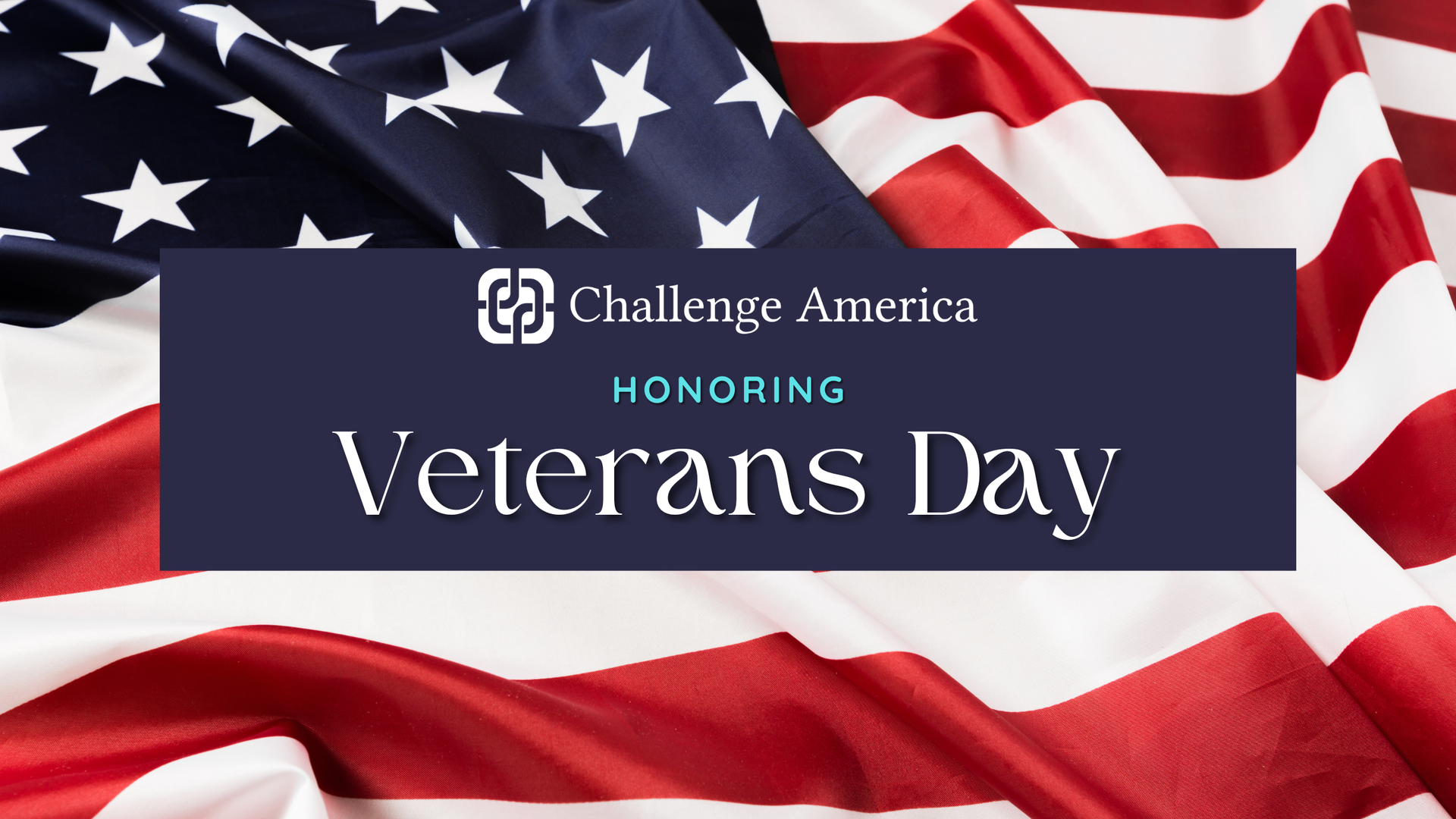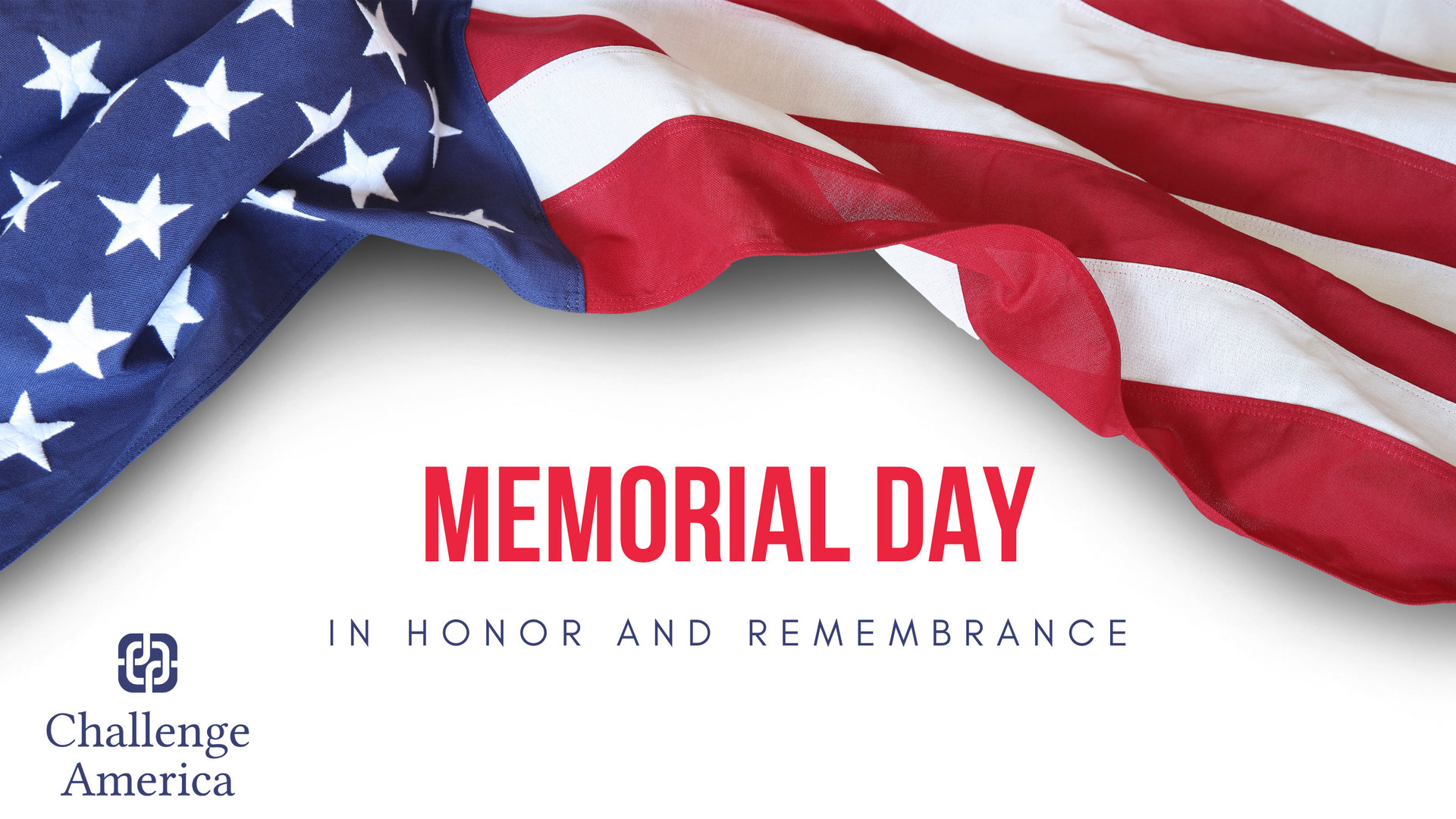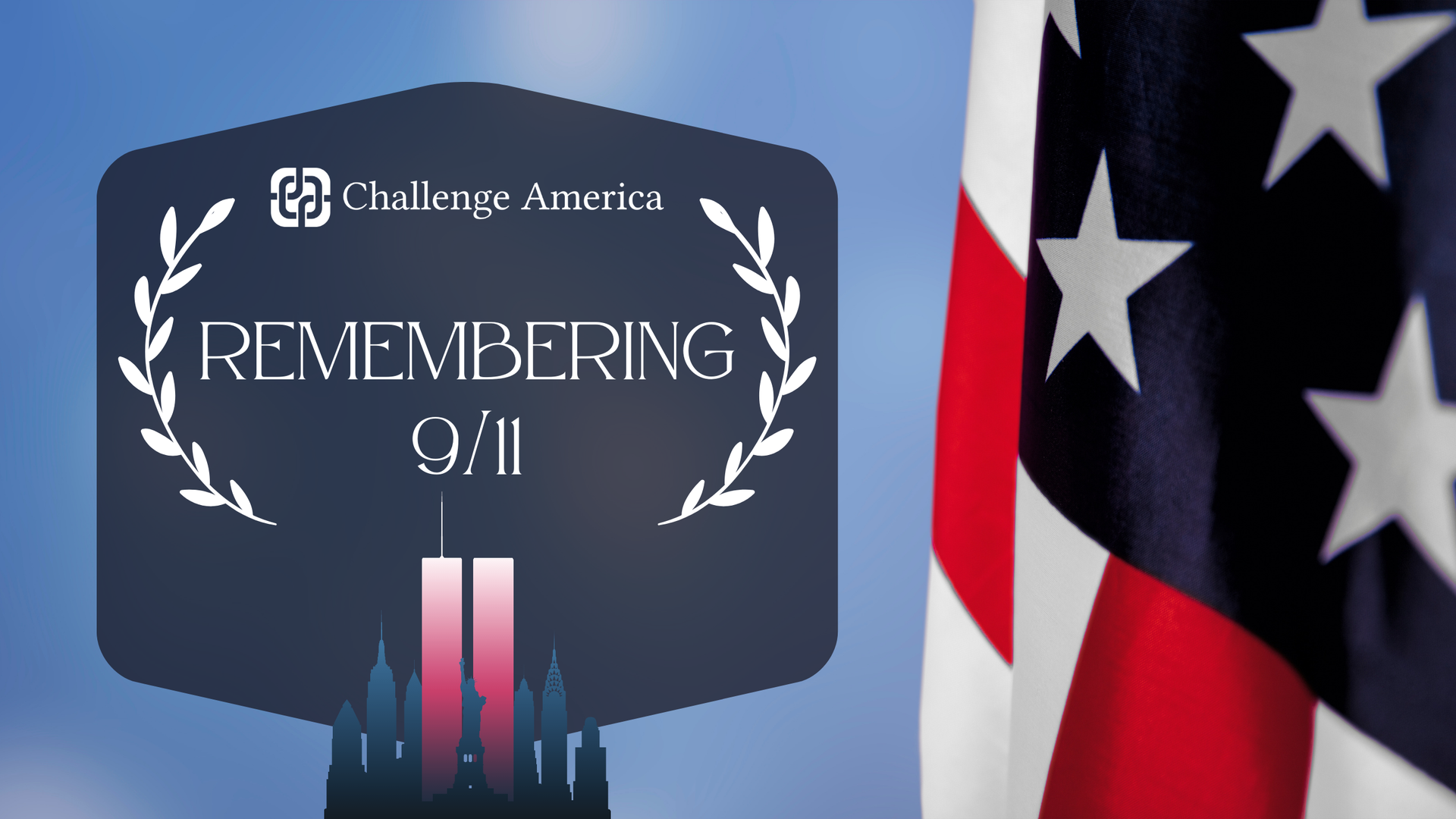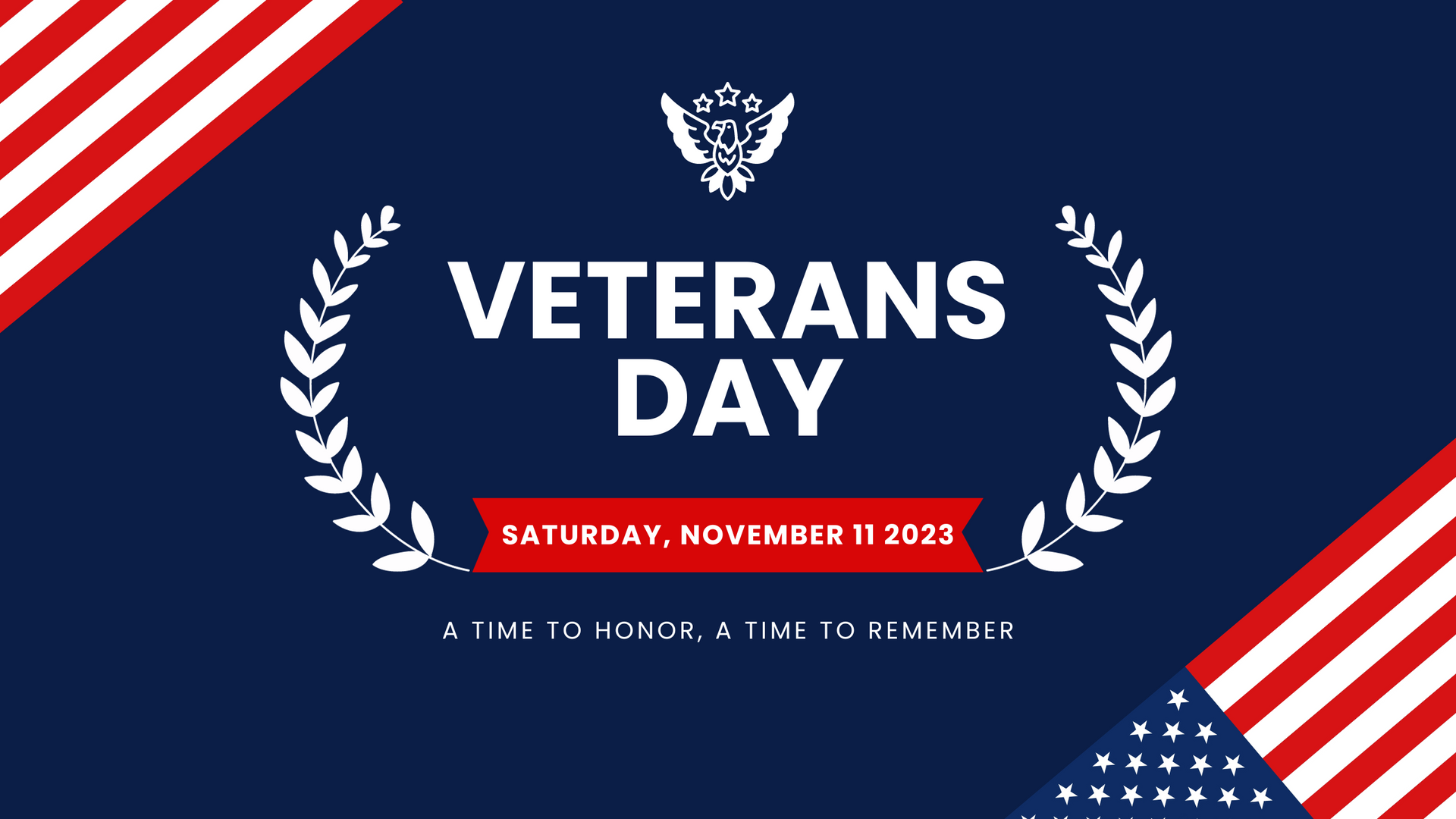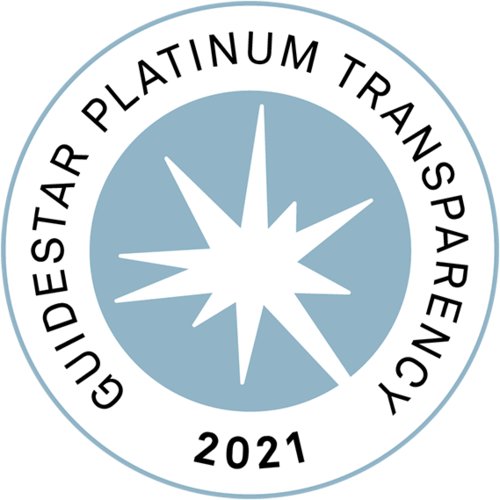SUPPORT THE VICTIMS OF MILITARY SEXUAL TRAUMA
https://challengeamerica.networkforgood.com/projects
Sources:
Burgess, A. W., Lee, W. J., & Carretta, C. M. (2016). Online Reporting of Military Sexual Trauma. Military Medicine, 181(4), 350–355.
Turchik, J. A., Pavao, J., Hyun, J., Mark, H., & Kimerling, R. (2012). Utilization and Intensity of Outpatient Care Related to Military Sexual Trauma for Veterans from Afghanistan and Iraq. The Journal of Behavioral Health Services & Research, 39(3), 220–233.
Wilson, L. C., Kimbrel, N. A., Meyer, E. C., Young, K. A., & Morissette, S. B. (2014). Do Child Abuse and Maternal Care Interact to Predict Military Sexual Trauma? Journal of Clinical Psychology, 71(4), 378–386.

